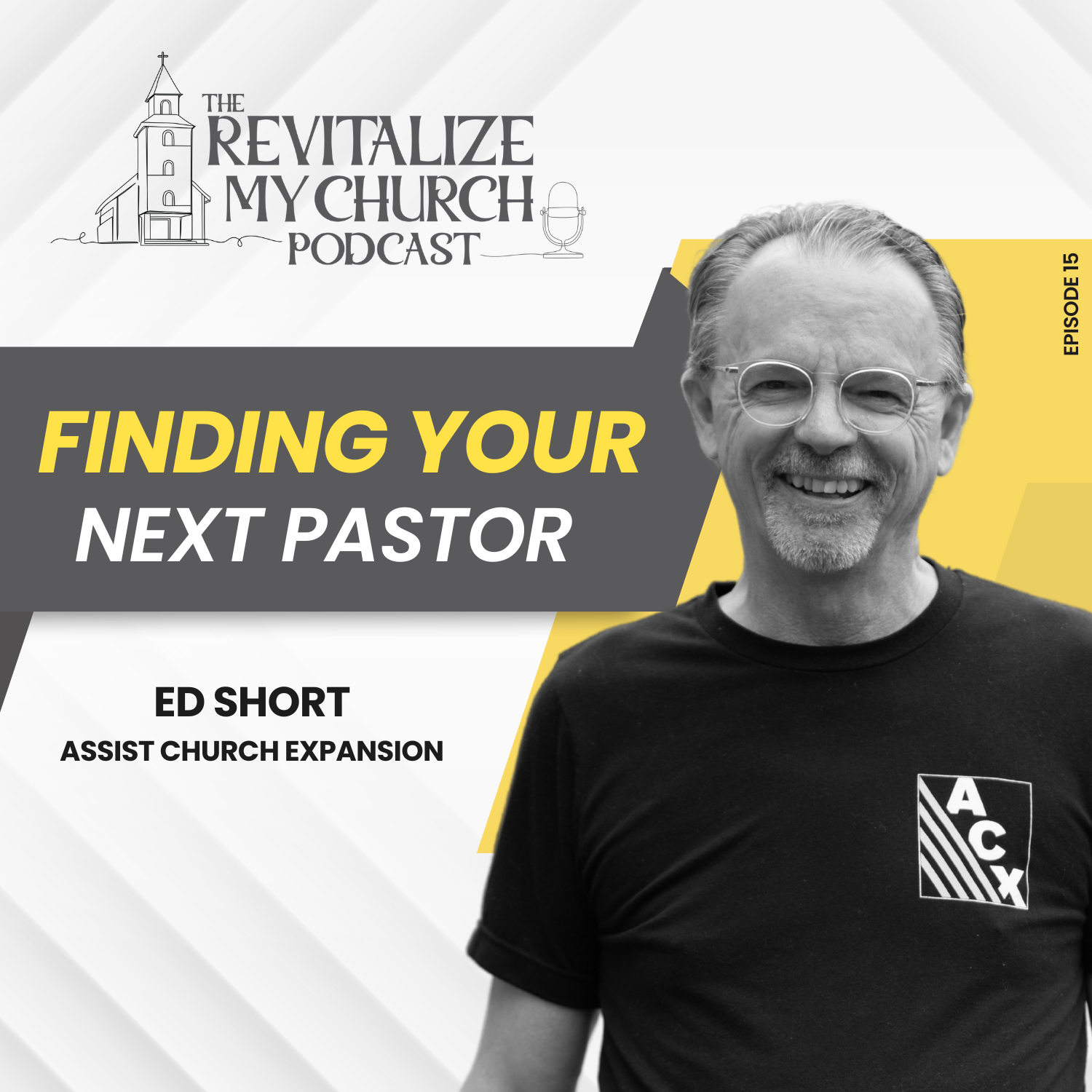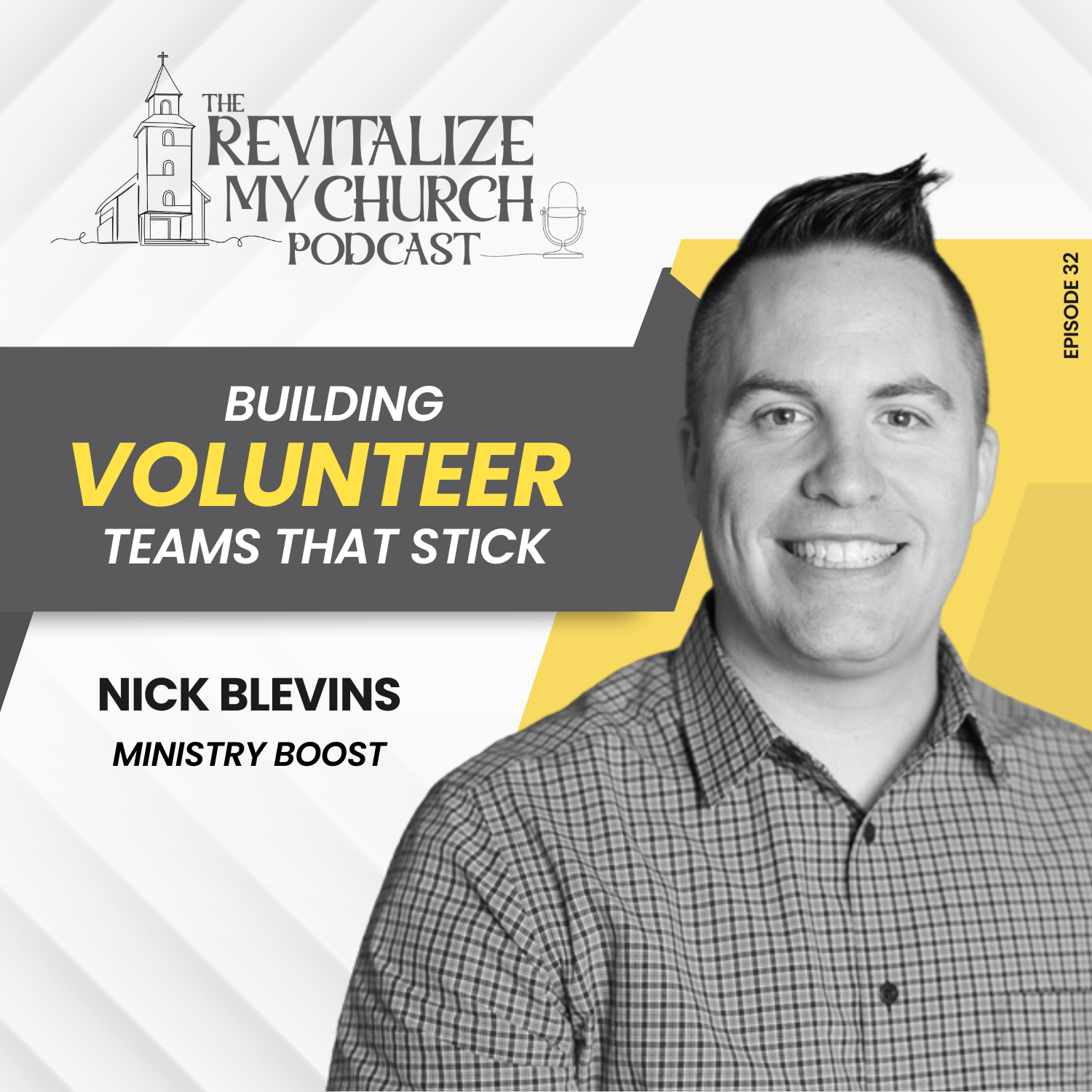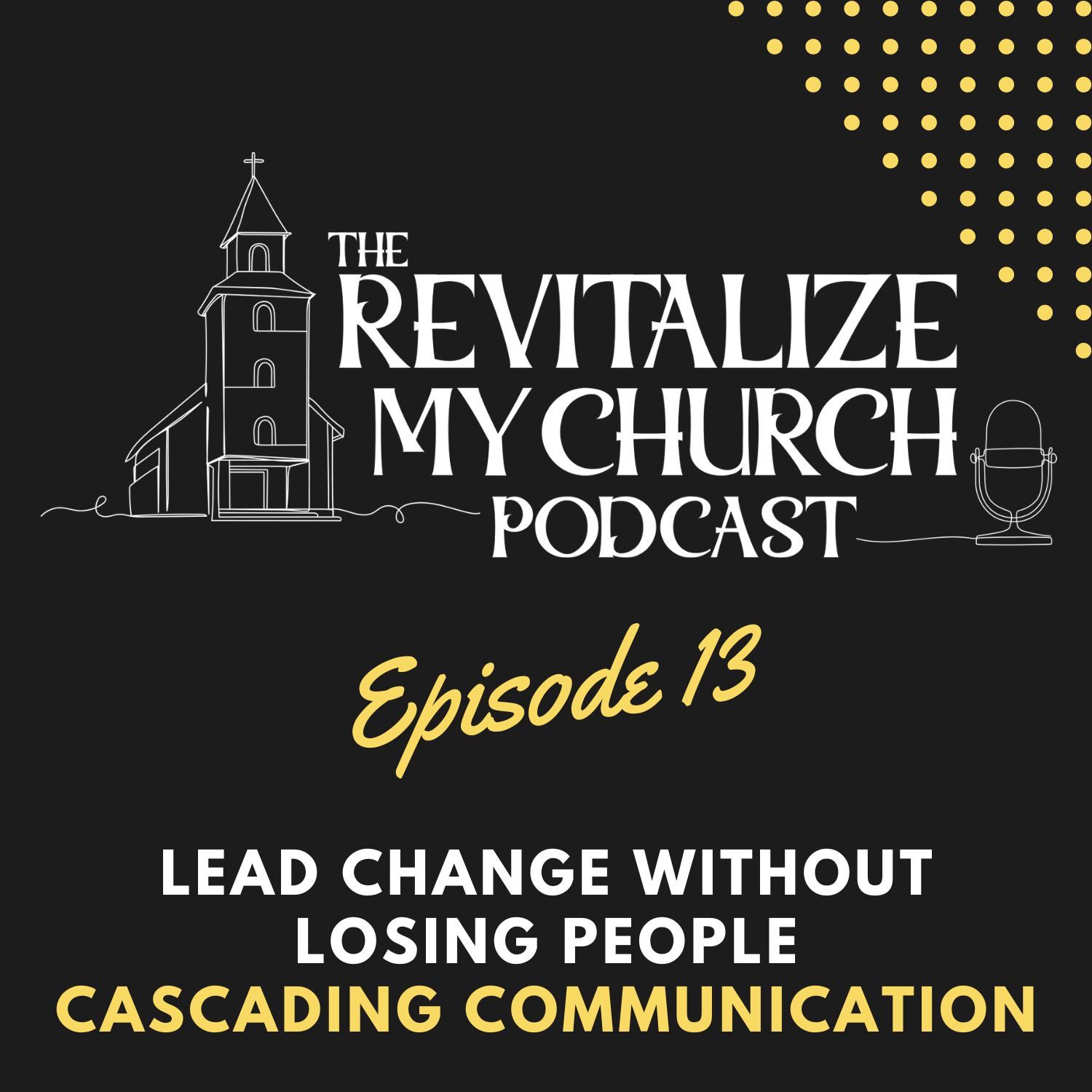In this engaging conversation, Eric Hoke discusses his journey from traditional full-time ministry to becoming a co-vocational pastor and author of "Market Street Pastor." The discussion centers on the crucial distinction between bivocational ministry (working another job temporarily until full-time ministry becomes viable) and co-vocational ministry (intentionally maintaining both church and marketplace roles as a long-term strategy).
Hoke shares his experience planting All Saints Church in the Bronx, where financial realities led him to discover the unexpected benefits of co-vocational ministry. These benefits include better community connection, increased lay leader involvement, and improved pastoral sustainability. He notes that co-vocational pastors often demonstrate greater longevity in ministry, partly because their regular engagement outside church walls provides healthy perspective and balance.
The conversation addresses common concerns about co-vocational ministry, particularly the fear that it represents failure or inability to succeed in full-time ministry. Hoke challenges this perception, emphasizing that pastors possess valuable transferable skills—including communication, leadership, and project management—that are highly valued in the marketplace.
A significant portion of the discussion focuses on practical implementation, addressing the crucial question of how pastors can balance church responsibilities with full-time employment. Hoke emphasizes that success requires a fundamental paradigm shift: rather than trying to maintain traditional pastoral duties while working another job, churches must embrace a team approach where responsibilities are thoughtfully delegated among church leaders and members.
The episode concludes with a forward-looking perspective, suggesting that co-vocational ministry may become increasingly common in Western churches. Hoke encourages church leaders to proactively consider this model, not as a compromise but as a strategic approach to sustainable ministry that better engages the entire church body in its mission.
For those interested in exploring co-vocational ministry, Hoke offers resources through his website ihelpastorsgetjobs.com, including his book and weekly newsletter.
Key Topics:
- Eric's background and journey from full-time ministry to co-vocational ministry in NYC
- Understanding the difference between bivocational and co-vocational ministry
- Common objections to co-vocational ministry and how to address them
- Identifying transferable skills from ministry to marketplace
- Managing time and responsibilities as a co-vocational pastor
Key Takeaways:
- Co-vocational ministry is a long-term strategy where pastors maintain both church and marketplace roles
- Bivocational ministry is typically a temporary arrangement until full-time ministry becomes viable
- Co-vocational pastors often report better work-life balance and longevity in ministry
- Churches need to shift from depending solely on paid staff to activating the whole congregation
Pastors have many transferable skills including communication, leadership, and project management
Resources Mentioned:
Market Street Pastor (Eric Hoke's book)
- ihelpastorsgetjobs.com
- The Tangible Kingdom by Hugh Halter
Guest Information: Eric Hoke is the founder of ihelpastorsgetjobs.com and author of "Market Street Pastor." After serving as a youth pastor and executive pastor, he planted All Saints Church in the Bronx, where he discovered the benefits of co-vocational ministry. He now coaches pastors on navigating marketplace opportunities while maintaining church ministry.
Connect with Eric:
Join the Conversation:
- Subscribe to the podcast
- Leave a comment on our YouTube channel
- Share your thoughts on co-vocational ministry


